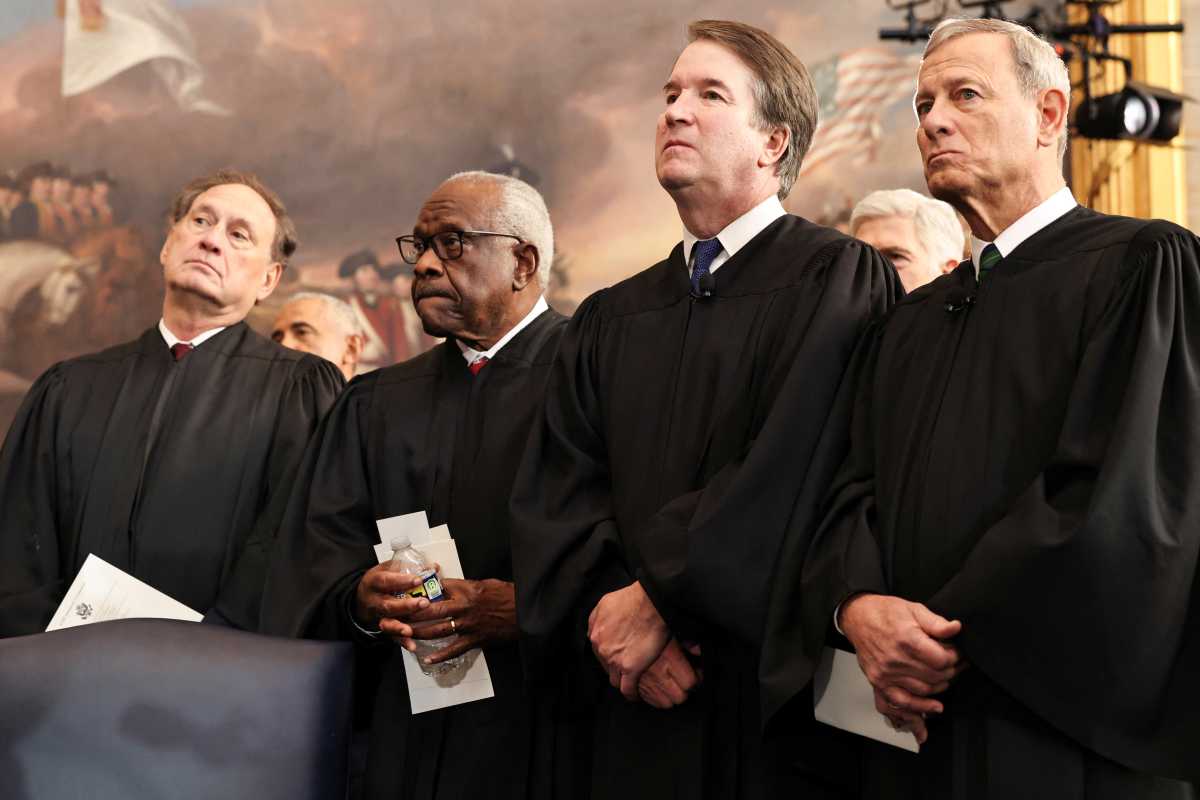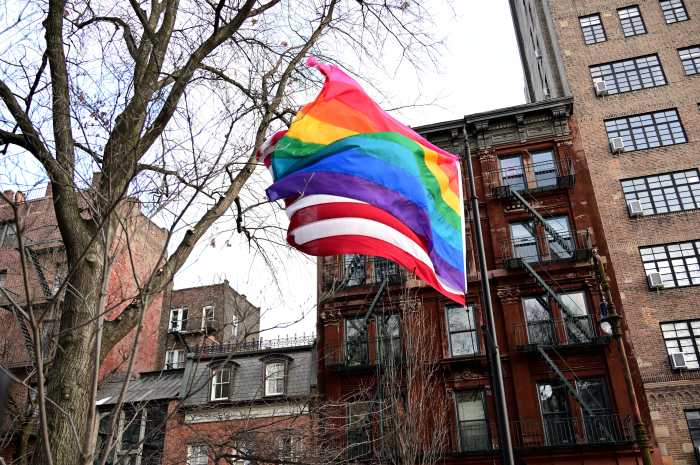The US Supreme Court announced on Jan. 17 that it will review a decision by the Richmond-based US Court of Appeals for the Fourth Circuit that affirmed a US District Judge in Maryland’s refusal to issue a preliminary injunction that would require the Montgomery County public elementary schools to give parents advance notice when books and other materials with LGBTQ themes are to be used in class and to let the parents “opt out” their children from “exposure” to these materials. The current name of the case at the Supreme Court is Mahmoud v. Taylor.
The parents are claiming that exposing their children to LGBTQ themes at school without advance notice to the parents who can “opt out” their children violates the parents’ First Amendment Free Exercise of Religion rights as well as their Due Process rights concerning the raising of their children.
The lawsuit was filed in response to a decision by the Montgomery County school board to end the practice of advance notice and opt-out, which it had established when it added several books with LGBTQ themes to the list of “Storybooks” authorized for use in elementary school classes. At first, the board approved a notice and opt-out practice, but it decided that this approach imposed a heavy administrative burden on teachers, and that the students could benefit from being exposed to a range of views about human sexuality. At the time, the board’s decision to drop the advance notice and opt-out policy was made suddenly and without public explanation.
During the board’s deliberations about adding the books to the approved curriculum, several of the elementary school principals in Montgomery County sent a statement to the board objecting that the books were not “age appropriate” for elementary school students.
The district judge, Deborah L. Boardman, denied the parents’ motion for a preliminary injunction, stating that she found that the parents had not shown that the board’s policy would coerce children to change their views on these subjects or would prevent the parents from providing their own views to their children, thus the parents were not likely to prevail on their claim that the policy presented a burden on free exercise of religion.
The Fourth Circuit opinion by Judge G. Steven Agee agreed with Judge Boardman and found that she had not abused her discretion in denying the preliminary injunction. Judge Agee emphasized that the record before the court in deciding this motion was bare of factual detail, making it difficult for the court to conclude at this stage that the parents were likely to prevail on their constitutional claims. He also pointed out that denying the preliminary injunction at this stage left open the possibility that after discovery on a fuller factual record, the parents might be able to prove their case. Circuit Judge Deandrea G. Benjamin signed Judge Agee’s opinion. Circuit Judge A. Marvin Quattlebaum dissented, finding that the board’s refusal to allow parents the opt-out choice placed a significant burden on their free exercise and parental rights.
The parents’ petition to the Supreme Court posed the following question: “Do public schools burden parents’ religious exercise when they compel elementary school children to participate in instruction on gender and sexuality against their parents’ religious convictions and without notice or opportunity to opt out?”
It takes four votes on the nine-member Supreme Court to grant a petition to review. Although the court does not announce how individual justices voted on the petition, the four most conservative judges on religious freedom issues — Justices Clarence Thomas, Samuel Alito, Brett Kavanaugh and Neil Gorsuch — most likely supplied four votes, and were possibly joined by Chief Justice Roberts, also a great free exercise enthusiast, and Justice Amy Coney Barrett. In other words, it appears possible to this writer — although not certain — that the court will reverse the Fourth Circuit and hold that the parents were entitled to a preliminary injunction while the case is litigated.
In recent years the Supreme Court has significantly expanded the reach of the Free Exercise Clause, but it has yet to address directly the issues raised by multiple lawsuits around the country brought by parents challenging policy decisions by school boards that are inclusive of LGBTQ rights. Depending how it analyzes the issues presented by this case, the court could affect a wide variety of pending cases in the lower courts.
District Judge Boardman and Circuit Judge Benjamin were both appointed by President Joe Biden. Circuit Judge Agee, who wrote the opinion for the Fourth Circuit panel majority, was appointed by President George W. Bush. Judge Quattlebaum, the dissenter, was appointed by President Donald J. Trump. The parent plaintiffs are represented by the Becket Fund for Religious Liberty, a conservative litigation group. A long list of amicus parties filed briefs in the Fourth Circuit, and a smaller but substantial number filed briefs in support or opposition to the Supreme Court petition. The case might be argued this spring, but if parties ask for extensions of time to file their briefs it is more likely to be argued during the October 2025 term of the court.





































